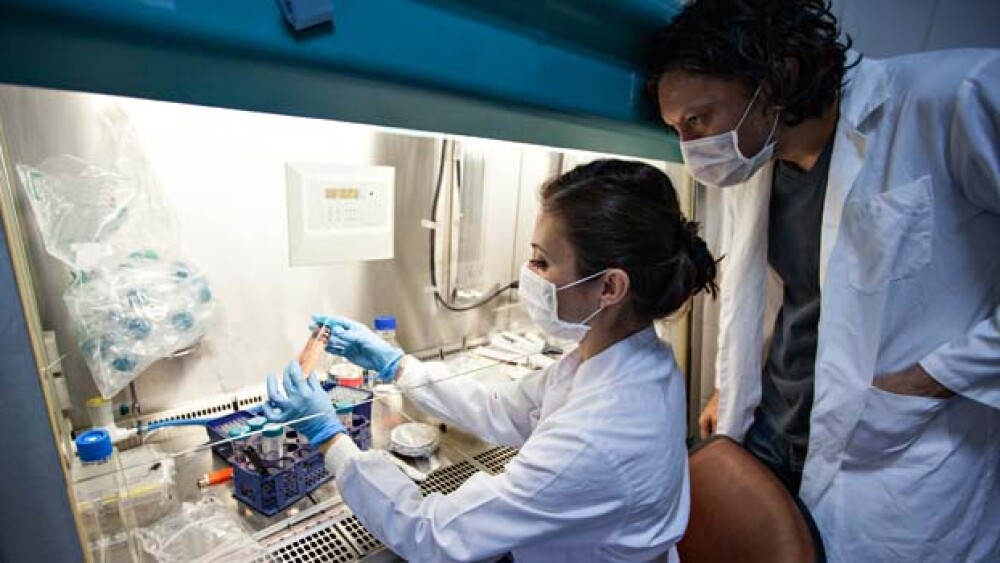Here are the predictions of what the three hot areas for approvals are likely to be in 2018.
In 2016, the U.S. Food and Drug Administration (FDA) approved 22 novel drugs. In 2017, the agency approved 43. The last several years has shown a particular focus on immuno-oncology therapies, probably as close to miracle cures as anything seen in recent years. Arpita Dutt, writing for Zacks, predicts what the three hot areas for approvals are likely to be in 2018.
1. Immuno-oncology
This year Novartis’ Kymriah was approved, the first CAR-T immuno-therapy treatment. Gilead Sciences acquired Kite for $11.9 billion and a few months later the FDA approved Kite’s own CAR-T therapy, Yescarta. It’s not a field that’s going to go away, either. Immuno-oncology is largely built on at least two approaches—a drug that prevents cancer cells from generating molecules that dampen down the immune system, essentially allowing tumors to hide from the immune system, and compounds that stimulate or program the immune system to specifically seek out cancer cells.
There are two hugely successful compounds in the first category, Bristol-Myers Squibb’s Opdivo and Genentech’s Tecentriq. These two checkpoint inhibitors are being evaluated in clinical trials with literally hundreds of other compounds in numerous types of cancers and subtypes of cancers. In addition, companies are developing new checkpoint inhibitors and next-generation immuno-oncology therapies that are even more targeted with fewer potential adverse effects. Companies leading the way include Celgene, Juno Therapeutics, Incyte and bluebird bio although they’re just a small sample of companies working in this area.
2. Alzheimer’s Disease
Probably one of the greatest threats facing an aging population, Alzheimer’s Disease is also a wasteland of failed late-stage clinical trials. Merck, Eli Lilly, Pfizer and Johnson & Johnson have all had failures. The companies leading the charge at the moment include Biogen, Novartis, AstraZeneca, Eisai and Amgen.
Dutt writes, “Biogen’s aducanumab is one of the most important candidates in the company’s pipeline with the candidate currently in a couple of late-stage studies. Biogen is also working on elenbecestat (E2609), a BACE inhibitor in a Phase III program and BAN2401, a humanized beta amyloid antibody in Phase II development with topline results expected by the end of January 2018. All three candidates are being developed in collaboration with Eisai.”
Lilly and AstraZeneca are developing lanabecestat for Alzheimer’s, with a readout expected in 2019. And Novartis and Amgen are working together on a BACE1 inhibitor, CNP520. Roche has a collaboration deal with AC Immune for their own treatment.
Alzheimer’s is a huge unmet medical need, and it’s also high risk, high reward. According to the Alzheimer’s Association, about 16 million people are projected to have the disease by 2050. Any company coming up with even a mediocre approved treatment is looking at billions in revenue.
3. Medical Marijuana
There are two broad ways of looking at this industry. One is simply legalized marijuana, medical or otherwise. The other is biotech companies, partially due to loosening of regulations regarding cannabis research, that are developing drugs that leverage marijuana’s active pharmacological ingredients. Some of the companies doing this are GW Pharmaceuticals, Insys Therapeutics, Corbus Pharmaceuticals and Zynerba Pharmaceuticals.
Dutt writes, “GW Pharma commercialized the world’s first plant-derived cannabinoid prescription drug, Sativex, which is approved for the treatment of spasticity due to multiple sclerosis. However, the company has been in the news for its lead cannabinoid pipeline candidate, Epidiolex (cannabidiol or CBD), which is in development for a number of rare childhood-onset epilepsy disorders.”
One More…
Industry watchers would also be wise to keep an eye on companies working on non-alcoholic steatohepatitis (NASH). There was a lot of movement in the industry the last two years for NASH, a liver disease similar to alcoholic liver disease, but appears in people who drink little or no alcohol. Allergan acquired Tobira and Akarna in 2016 to bolster its pipeline in this area, Gilead is a dominant player in livers diseases, and Intercept Pharmaceuticals is a strong player as well.





